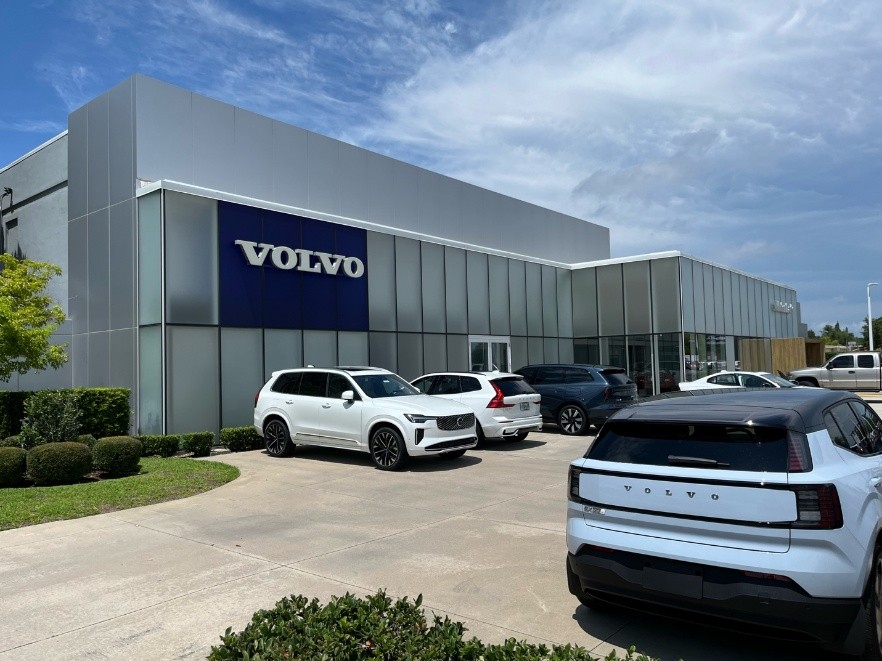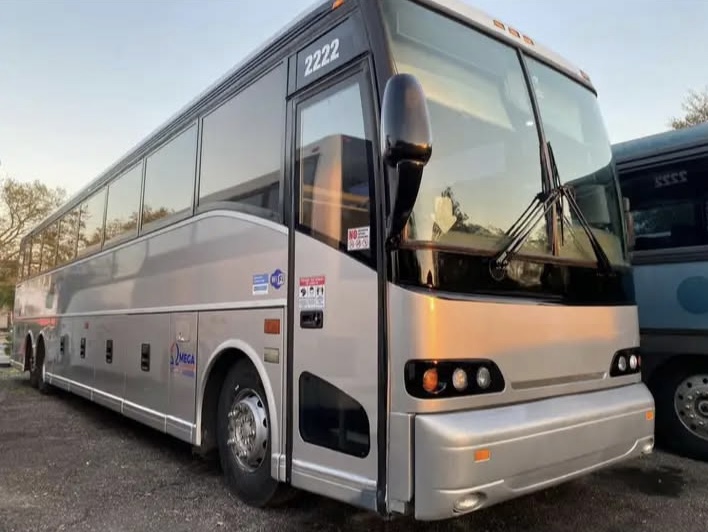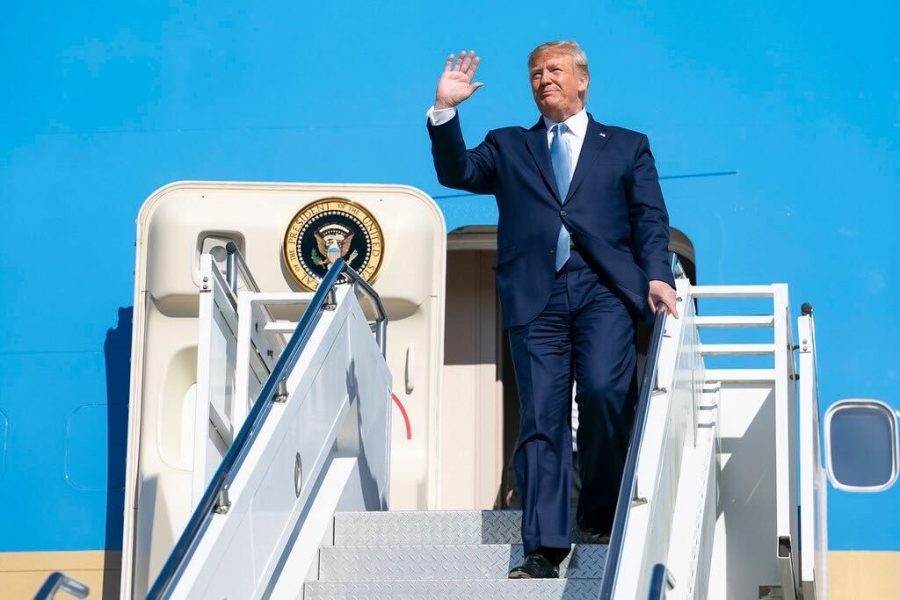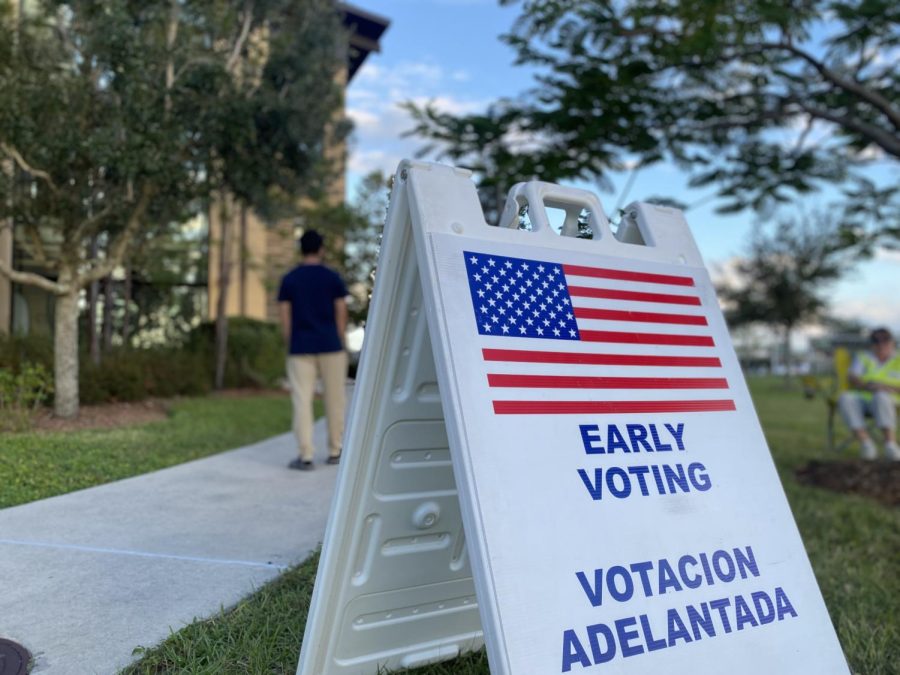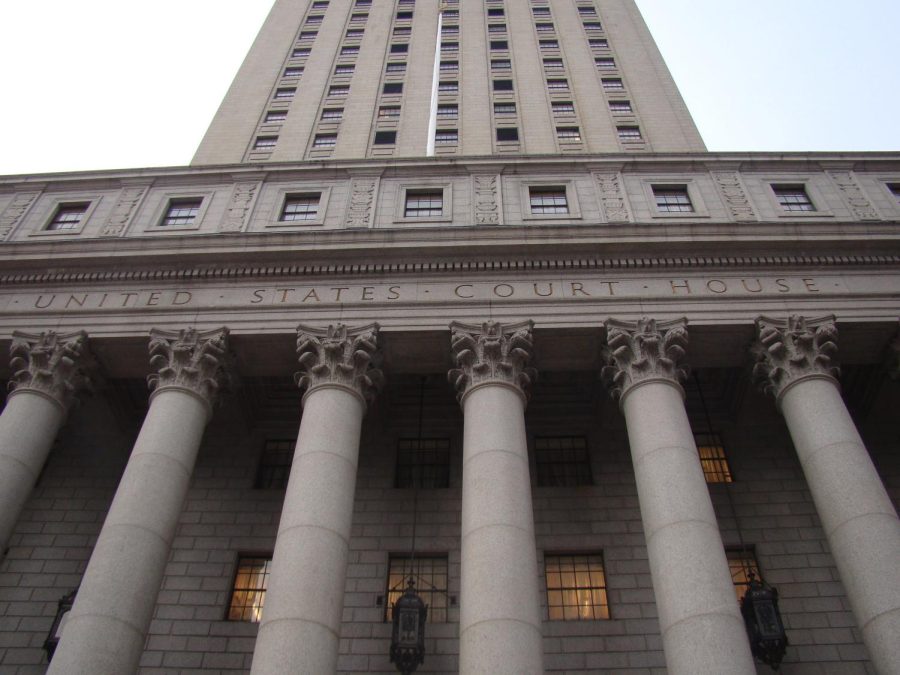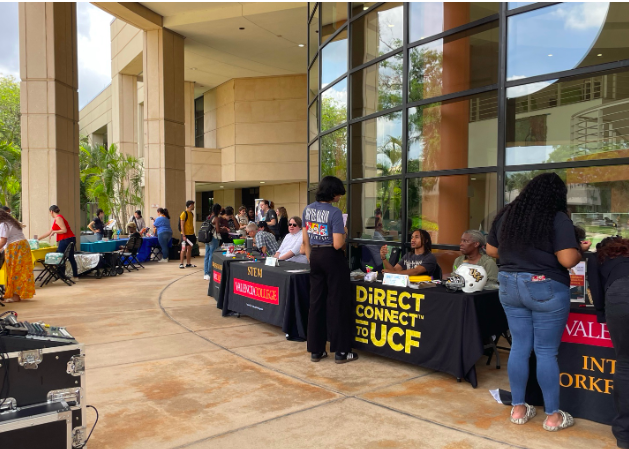Looking to buy a new, affordable car? Good luck.
President Donald Trump’s 25% tariff on imported cars may make affordability a thing of the past.
On March 26, 2025, Trump implemented a 25% tariff on all cars imported into the United States. One month later, he revised the tariffs to give automakers time to adjust, offering them a small rebate on U.S.-built cars. Under Trump’s revised tariffs, manufacturers can receive a rebate equal to 3.75% of the total sticker price of their cars built in the United States from April 3, 2025, to April 30, 2026. After that date, the rebate drops to 2.5%, and in 2027, the rebate drops to 0%.
According to a White House fact sheet, the tariffs aim to reprioritize U.S. manufacturing and address trade imbalances. The fact sheet notes that, in 2024, the United States had a $93.5 billion trade deficit in auto parts. Of the 16 million cars sold in the U.S. that year, only half were assembled in America. Trump believes his tariffs will fix these issues. But tariffs may also have unintended consequences that could be negatively impact car dealers and prospective car buyers.
According to Lili Carneglia, an economics professor at Valencia College, a tariff is essentially a tax. While tariffs are officially levied on importers, meaning the importer initially must pay the tax, “some of that tax burden can be passed on to the buyer.” Often, the cost does not fall fully on one side or another, Professor Carneglia explained.
For example, take Trump’s original 25% tariff on foreign cars. Initially, the auto manufacturer would pay that 25% tariff out of pocket, but in response, the manufacturer might raise the price of its cars to offset the added cost, Carneglia said. The cost increase would not necessarily be the full 25%; instead, consumers and the manufacturer will likely split the burden, Carneglia added.
To explain the justification for Trump’s tariffs, Professor Carneglia said that having a trade deficit with other countries is not nearly as scary as it sounds. She noted that people often think that because we have a trade deficit, foreign countries are taking advantage of us, but this is not the case. She pointed out that she has a trade deficit with Starbucks, as Starbucks does not buy nearly as much from her as she buys from them. Yet this, she says, does not mean she is losing out or being taken advantage of. President Trump, on the other hand, does not share this perspective.
In response to Trump’s tariffs, Ruben Fernandez, sales manager at Prestige Volkswagen in Melbourne, Florida, said Volkswagen would be adding an “import fee” onto their cars sold in the United States. A Volkswagen representative told Fernandez that this fee could be upwards of 10% of a vehicle’s MSRP, but Volkswagen has not officially confirmed this yet. Through the end of June, Volkswagen will not add this import fee and instead will keep its prices stable.
Alongside Volkswagen, automakers have taken a variety of approaches in response to Trump’s tariffs. Ford plans to raise the prices of its Maverick, Bronco Sport, and Mustang Mach-E models, a Ford spokesperson told Car and Driver. Ferrari corporate has also announced a 10% price increase on select models. Schomp Nissan reports that Nissan has lowered prices on its U.S.-built Rogue and Pathfinder models. Volvo, like Ford and Ferrari, has plans to raise its prices as well.
Billie Azarnia, president of The Dingman Group, a group that owns Volkswagen, Honda, BMW, and Volvo dealers across Florida, said Volvo has plans to raise its prices in the U.S. as the company cannot afford to fully absorb President Trump’s tariffs. But prospective car buyers are not the only party Trump’s tariffs have affected. Azarnia added that President Trump’s tariffs have forced dealers to focus on fixed operations such as service and repairs, as opposed to variable operations such as car sales, as they are much more stable, especially with the uncertainty of the current market.
But the news of potential tariffs has not been all bad for the dealerships under the Dingman Group. Azarnia said that through April, sales had been “really, really, amazing,” with some of her dealerships even having record-breaking months. She believes that this surge was driven by customers rushing to buy before Trump’s tariffs took effect. In response, some dealerships began implementing “pre-tariff sales” to capitalize on consumer anxiety surrounding Trump’s policy decisions.
The impact of Trump’s policy, whether positive or negative, is visible beyond the automotive industry as well.
According to Yahoo Finance, in a press release, Walmart CEO Doug McMillon said Walmart “will do our best to keep our prices as low as possible, but given the magnitude of the tariffs, even at the reduced levels announced this week, we aren’t able to absorb all the pressure given the reality of narrow retail margins.” This suggests that price increases can be expected in the retail sector alongside the automotive sector.
While Trump says his tariffs will make America wealthy again, they may cost American consumers a small fortune as automakers and retailers pass the charges on to them.

